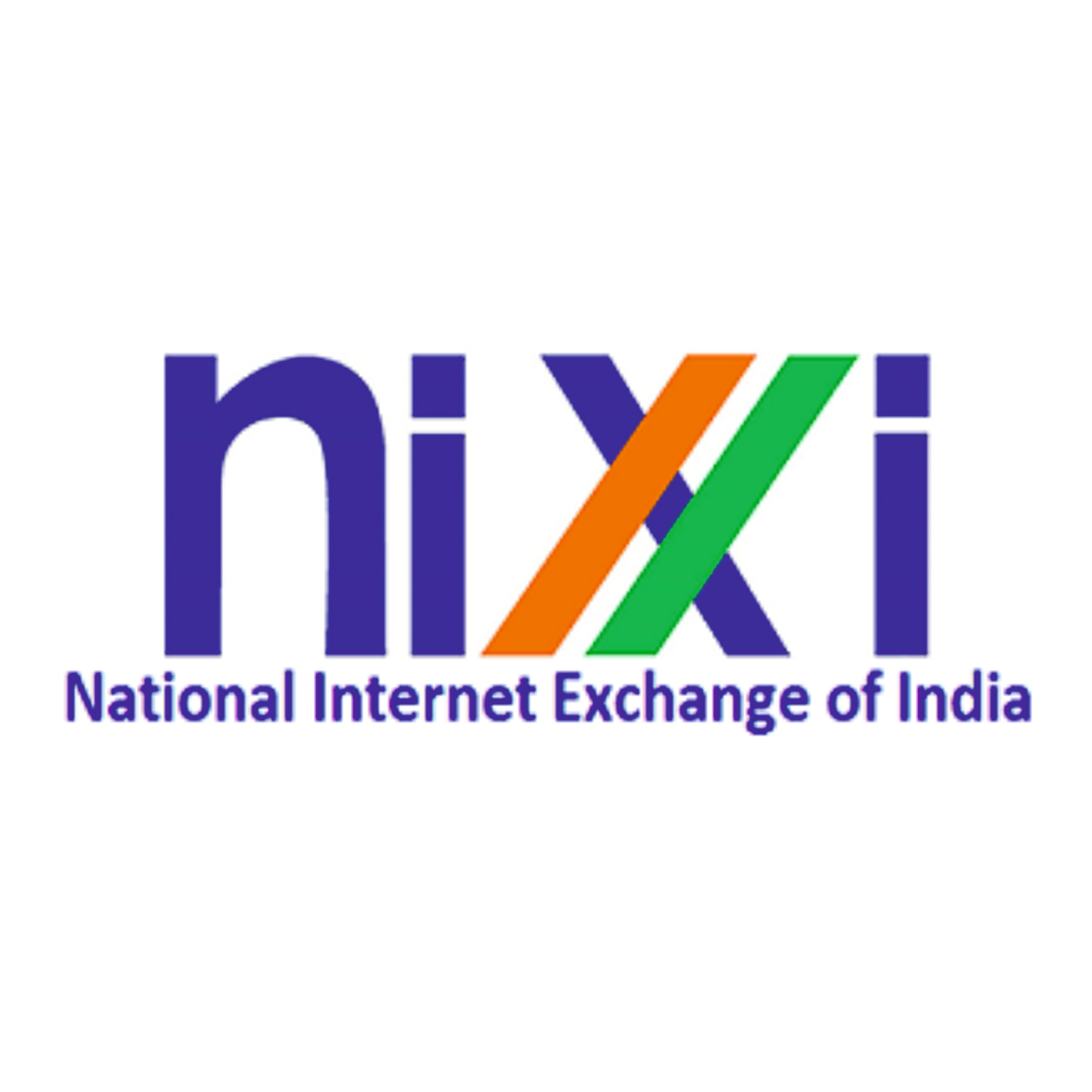How a group of engineering graduates disrupted the travel industry with WanderOn
How did a travel company thrive during the pandemic? The WanderOn story is one of determination and passion.
“After graduation, I switched three jobs within a span of 1.5 years because the idea of working in a cubicle wasn’t something I was ever passionate about. On New Year’s Eve of 2016, I started WanderOn with our first trip to Himachal Pradesh,” recalls Govind Gaur, Founder and CEO, WanderOn.
It took only a few years for some engineer friends from NIT Kurukshetra to disrupt the travel industry with their startup. Alongside Govind, the founding team at WanderOn consisted of Madhusudan Jaju, Head of Marketing; Chirag Jain, Head of Operations; Ravi Khokher, Head of Technology and Sandeep Kumar, Head of Ground Operations. In the initial months, the team organised small trips to different parts of Himachal. Expanding further, the aim was to organise trips that were accessible from Delhi and Chandigarh.
Talking about the team, Govind says, “We have known each other since the past decade. Our common passion for travelling and serving people have led us to the concept of WanderOn. Currently, we are a team of 48 people.”
The USP
WanderOn was created to showcase the beauty of offbeat, unique locations to travellers from around the world. “Unlike others, we never wanted to do the regular touristy travel. We always do destinations which are either extremely unique or curate interesting itineraries if we are doing a trip to a conventional destination. For example, if we are going to Kashmir, the usual spots are Pahalgam and Gulmarg, but we take people to unexplored and distant places of that particular area,” he explains.
About 80 percent of WanderOn’s customers opt for group travel, most of whom are millennials. “The uniqueness of the places, experiences and people they are travelling with gives WanderOn a competitive edge,” says Govind. The remaining few, who opt for customised travel packages, are the ones who want to travel at their own pace and see sights handpicked for them.
The team at WanderOn employs the best partners to maintain seamless services. “If I want to deliver the best services, I need to pick the best suppliers or vendors who can match my bandwidth and frequency. We also do extensive recce that lasts four to five months before we start a new destination. We find the best people on the ground who can actually execute our vision,” says the founder CEO.
Tiding over pandemic woes
Hit hardest, the travel and tourism industry turned out to be one of the largest casualties of the coronavirus pandemic. Speaking of it, Govind says, “The kind of learning I imbibed in the last one and a half years has been unparalleled. In March 2020, we were cruising at a scale that we wanted to be the industry leader in our domain; we had even hired employees. And then the pandemic hit.”
As the initial four months were the hardest, WanderOn pivoted itself in a way that made the business stay afloat. “We realised that most trips for the next two to three months were gone. So we quickly started offering a discount voucher under which customers could book trips for the next year at ultra discounted prices. For example, if we are selling a trip to Ladakh at a price of Rs 40,000 per person, we significantly lower down the prices to Rs 25,000 or 20,000,” he explains. More than 800 people enrolled for the voucher and the startup raised more than Rs 60 lakh within a month.
Half of the money raised through travel vouchers were given to their vendors. “We gave away Rs 1 lakh, 2 lakh, even 3 lakh to a vendor, depending on their requirements and needs,” says Govind as these vendors had no other source of income and were solely dependent on tourism.
Moving forward, they needed more ideas to sustain. Realising that remote work is the new normal, WanderOn launched their new venture of workcations. “We built it in 15 days. We got a supply of more than 400 properties. We talked to every property manager and asked them to deploy the best internet service. And we were ready with Workcations in a month,” he recalls. Several big organisations had approached them for work trips with their employees.
Significance of a .in domain
As the target audience was majorly Indian when WanderOn was started, opting for the .in domain name wasn’t difficult. Govind says, “A .in domain signifies Indian-ness and establishes a brand as homegrown, as compared to a .com extension. If you are an entrepreneur from India, and if you are serving Indians, I think .in will help you win trust easily.”
Like WanderOn, the National Internet Exchange for India (NIXI) is helping hundreds of startups across the country to get a .in or .Bharat domain. Apart from cost-effectiveness, another advantage of getting a domain name from NIXI is that one can choose from 22 languages. This will help businesses be more visible to the right audience.
The next destination
Besides expansion and scaling, raising funds is on the radar, although Govind admits the investor market is not favorable for the travel industry currently. “The idea is to be present everywhere on the globe in the next five years because we want to build an Indian company which can actually make some noise at a global level,” he reveals.
WanderOn aims to expand to Southeast Asian countries by next year, followed by New Zealand, Australia, South America, and European countries in the later years.
The ‘Shaping India Inc's Online Growth’ series chronicles the journeys of startups and SMEs in India and how creating an online presence on the .in or .Bharat domain powered their success stories.








